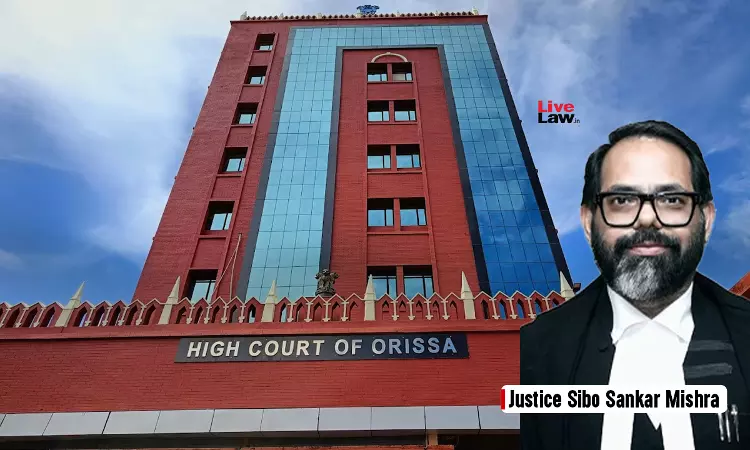Customer Of Sex Worker Not Liable For Trafficking Unless He Plays Role In Procuring Women For Another Person: Orissa High Court
LIVELAW NEWS NETWORK
13 Feb 2024 2:20 PM IST

Soliciting, inducing or seducing for prostitution is illegal but prostitution per se not illegal, Court said.
Next Story


